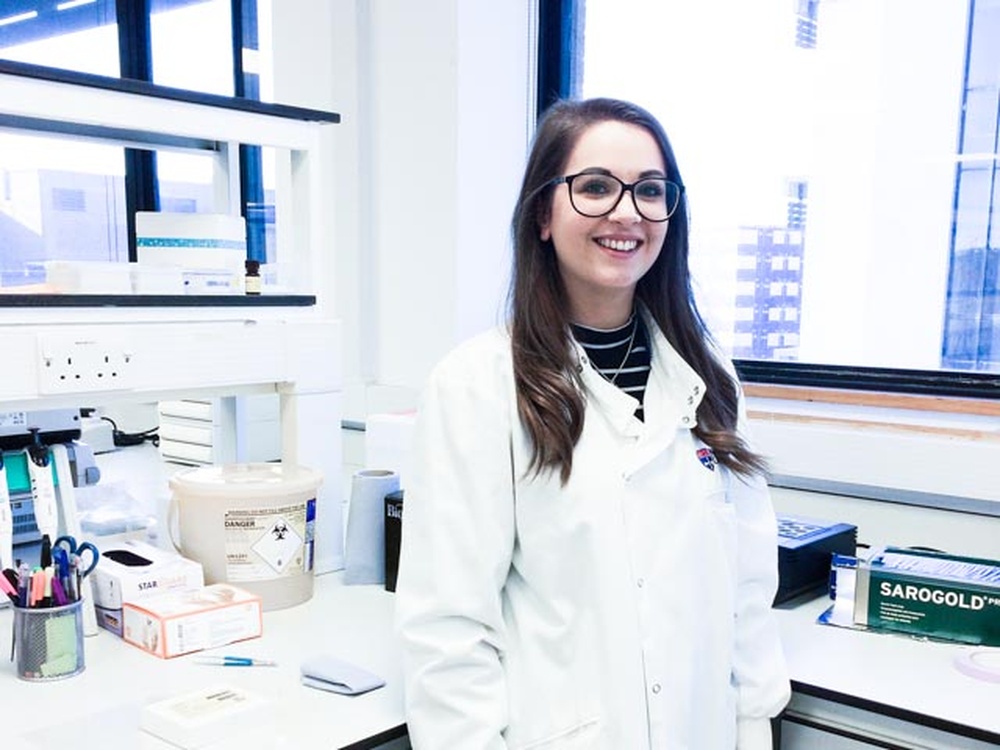The trio's achievement highlights the importance and quality of research being funded by the Lily Foundation, and the charity's commitment to improving the diagnosis and treatment of mitochondrial disease
The published article details research into a gene called GFM2, which is known to have a key role in producing essential proteins needed for mitochondria to function. Two patients involved in the trial were diagnosed using a technique called whole exome sequencing (WES), with one patient receiving their diagnosis through the Lily Exome Sequencing project at the Wellcome Centre for Mitochondrial Research in Newcastle.
The article describes how the team were able to use several different laboratory techniques to confirm that the changes identified in the gene were responsible for causing mitochondrial disease. Its publication was a particularly proud moment for PHD student Ruth Glasgow, who works in the Wellcome Centre for Mitochondrial Research, as it was her first scientific paper.
“Writing and publishing my first paper has been a great learning experience," said Ruth. "It is highly motivating to know that the work we're doing is having a direct impact on families by enabling genetic diagnoses, while also contributing more broadly to mitochondrial disease research."
Commenting on the team's accomplishment Liz Curtis, founder and CEO of The Lily Foundation, said:
"We're all so proud of Ruth, Kyle and Ines, and delighted that the invaluable work they're doing is getting the recognition it deserves. Providing more families with a confirmed genetic diagnosis is a major focus of The Lily Foundation’s research strategy, and a key part of our efforts to support people living with mitochondrial disease."
The full article published in Neurogenetics 2017 is available to read online here.

